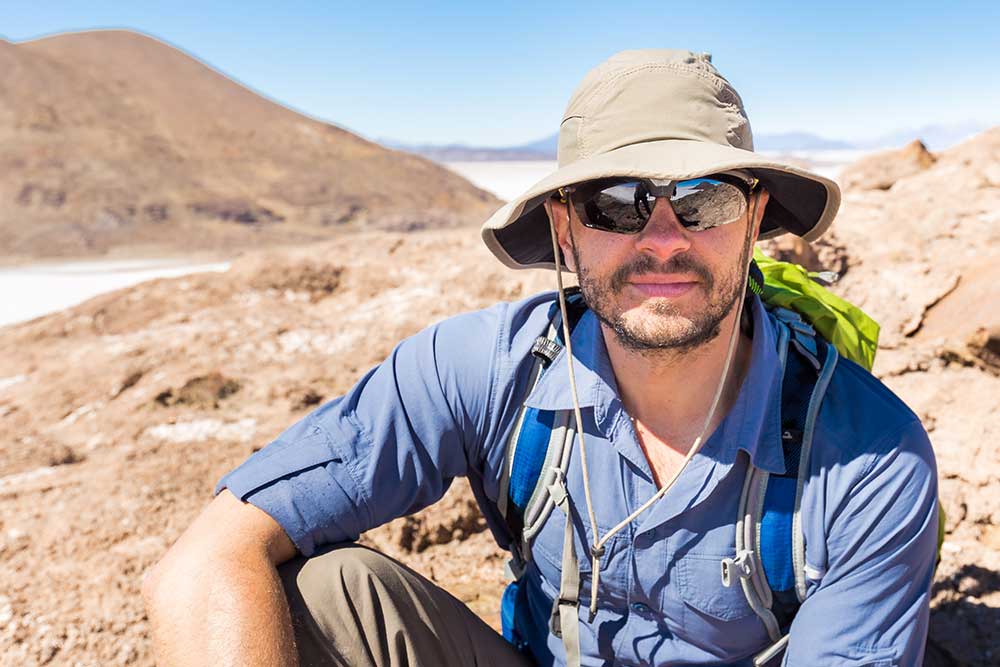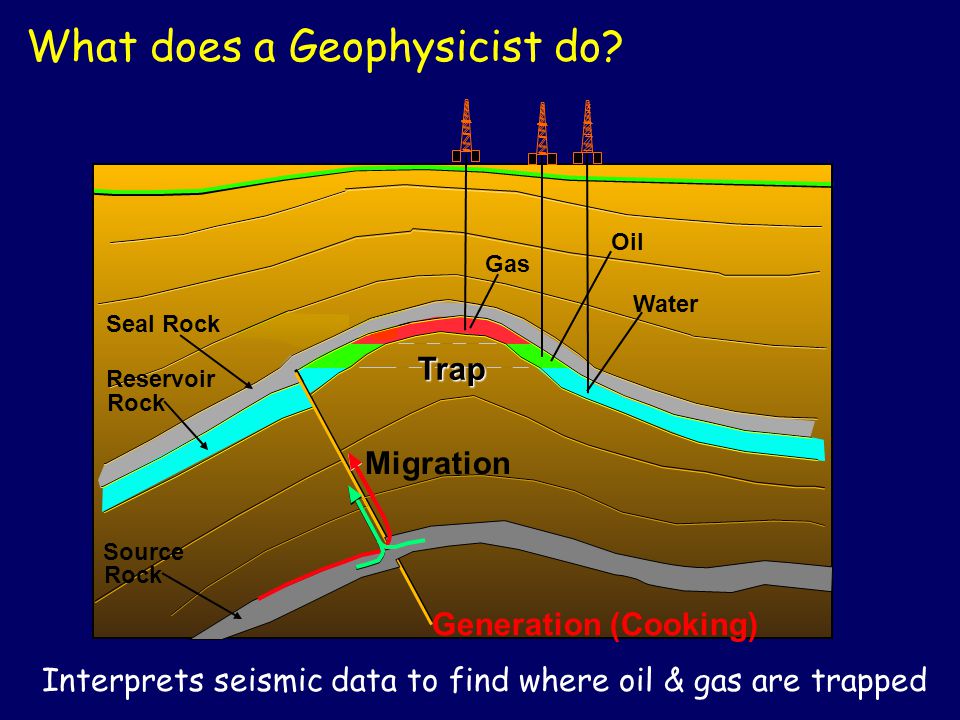All Categories
Featured
Table of Contents
Geophysical Prospecting in Waikiki Aus 2022
This work is significantly contracted out, so consultancies provide another source of work. Consultancy companies vary in size, from extremely small companies to big multinationals. Some consultancies are quite specialised in using particular geophysical strategies or operating in particular places, while others provide a more varied variety of services to their consumers.
The extraction of gas from landfill websites is another location of work and this may grow in the future. Exploration companies might undertake work for construction firms, water companies, mining companies and ecological firms, so geophysicists may be employed in any of these settings. Other employers include: geological surveysgovernment bodies and agenciesuniversities and research institutes.


Jobs may be listed in the oil and gas sector press. Recruitment is impacted by oil cost variations and the level of competition for positions varies depending upon this. Professions Days, which cover the complete series of geoscience professions and are usually attended by a variety of key industry companies, are run by The Geological Society.
Standard And Guidance For Archaeological Geophysical ... in Yanchep WA 2023
A few of the large oil and gas business provide a complete two-year structured training programme throughout the breadth of geophysics, consisting of the chance to experience operate in numerous groups prior to specialising in one location. Your training might consist of deal with: existing wellsmagnetic and gravitational prospective field information analysisresearchrock analysis. However, it's more usual for your initial training to be offered on the job.

There might be a probationary duration throughout which you work alongside an experienced associate. Competency-based appraisals happen regularly in the majority of firms. In smaller sized companies, and for scholastic posts, there is not likely to be any official training - you'll be anticipated to start work straightaway and get skills as you go along.
If you work for a smaller sized company, you may find that you need to take obligation for arranging and funding your own advancement and training. If you have a geology degree, subscription of The Geological Society can be beneficial for networking and for keeping up to date with the industry.
What Are Geological, Geochemical, in Kiara Western Australia 2023
You may likewise discover it useful to join the PESGB (The Petroleum Expedition Society of Great Britain, which has a geophysics special interest group. After a probationary period, and as soon as you have actually gained some experience, you might advance to senior geophysicist, then team leader and then into a senior role in management.
The ease of motion in between roles depends on the business structure. Study at Masters or Ph, D level in a subject related to geophysics or geosciences might aid with your profession advancement and progression. The work market within the oil and gas industry is really reliant on cost and this may impact your chances for profession progression.
For experienced geophysicists, freelance consultancy provides an excellent path for profession development. As a geophysicist, you're likely to have numerous tasks throughout your working life.
Geophysical Surveying - Methods And Applications in Kelmscott Oz 2020
From geophysics, it's possible to concentrate on seismology (finishing more training to end up being a seismic interpreter) or to move into associated locations such as engineering geology or threat forecast.
Deciding what to study in college is a hard option. Even if you know that your field of interest lies in science, what program of research study is best for you?
The first step to accomplishing your goal of becoming a geophysicist is earning a degree. Even for entry-level positions in the field of geoscience, you'll need a bachelor's degree (a geophysicist college degree) from a certified college or university. Some research study positions require candidates to hold master's degrees and even Ph.
An Assessment Of Geophysical Survey Techniques For ... in Beldon Aus 2021
Postgraduate degree are especially important if you plan to teach at a four-year organization. Geophysicists use physics concepts and methods to study the gravitational, magnetic, and electric fields of the earth. This advances researchers' understanding of both the planet's interior core and its surface area. Geophysicists should be able to: examine rocks, photos, and other pieces of data perform research both in the field and in laboratories create maps and charts of their findings compose reports To achieve all this, students require a specialized education for geophysicist careers.
As specified above, you'll require a bachelor's degree in geoscience or an associated discipline, such as a physical science or a life sciences, to land an entry-level job. However trainees can also prepare by majoring in subjects like: Biology Chemistry Computer technology Engineering Mathematics Physics The above geophysicist majors offer a more generalized technique to a single clinical discipline, however a lot of programs require students to take several geology course.
Latest Posts
Geophysical Exploration in Hocking Australia 2022
5 Surface Geophysics in Sorrento WA 2021
Consumer Guide To Geological And Geophysical Services ... in Safety Bay Western Australia 2020